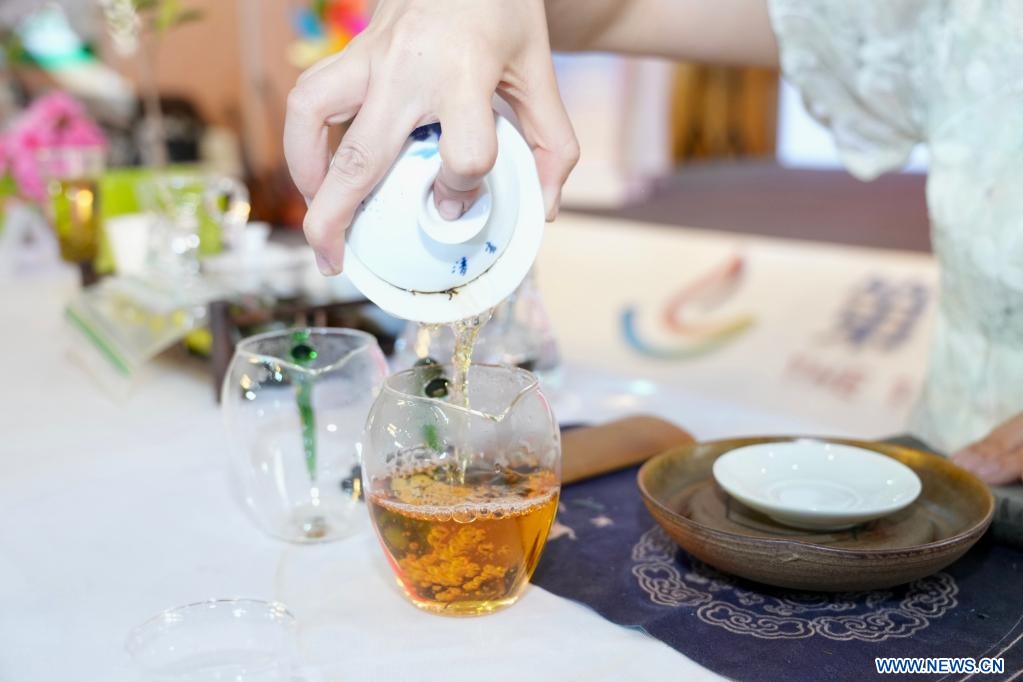Sponsored by the China Cultural Center in Sri Lanka and the Department of Culture and Tourism of the Guangxi Zhuang Autonomous Region of China, the Tea for Harmony ceremony, at the Yaji Cultural Hall, was also attended by the leader of the Sri Lankan Parliament, Mahinda Yapa Abeywardena, as well as members of the diplomatic corps accredited here, Russia, Egypt, Malaysia and the Republic of Korea.
The origins of tea date back more than 5,000 years in China, but its contributions to health, culture and socioeconomic development are relevant today, the United Nations noted on the occasion.
Today, tea is grown in very specific areas, and supports more than 13 million people, including smallholder farmers and their families, who depend on the tea sector for their livelihoods, according to the international organization.
International Tea Day is an opportunity to celebrate the cultural heritage, health benefits and economic importance of tea, while working to make its production sustainable, it said.
The Sri Lankan variety, known as Ceylon, is produced exclusively in Sri Lanka, has a long history dating back to the early 19th century and is recognized worldwide for its distinctive flavor and fragrance.
jg/jav/mem/lrd










